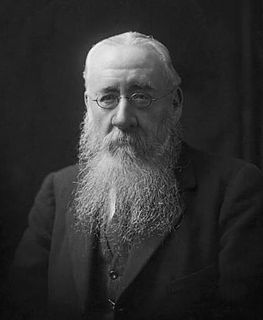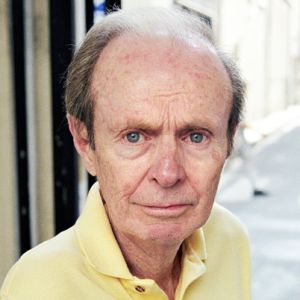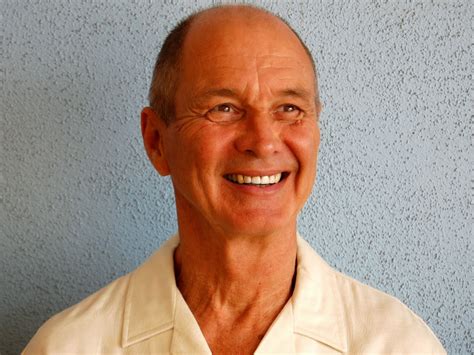A Quote by George Saintsbury
The transition state of manners and language cannot be too often insisted upon: for this affected the process at both ends, giving the artist in fictitious life an uncertain model to copy and unstable materials to work in.
Related Quotes
All the things you need in the death transition, you need now in the life transition, because life is a transition, it is a between state. Therefore, every night when you fall asleep, it's like you die. And every time you do, you should be using the process of falling asleep as giving up your attention to sense objects, your discursive ruminating thoughts and so on. You should use that as a process of giving up and giving yourself completely to the universe and becoming completely obliterated.
Too often in the past, we have thought of the artist as an idler and dilettante and of the lover of arts as somehow sissy and effete. We have done both an injustice. The life of the artist is, in relation to his work, stern and lonely. He has labored hard, often amid deprivation, to perfect his skill. He has turned aside from quick success in order to strip his vision of everything secondary or cheapening. His working life is marked by intense application and intense discipline.
The creative process, so far as we are able to follow it at all, consists in the unconscious activation of an archetypal image and elaborating and shaping the image into the finished work. By giving it shape, the artist translates it into the language of the present and so makes it possible for us to find our way back to the deepest springs of life.
Being an artist doesn’t take much, just everything you got. Which means, of course, that as the process is giving you life, it is also bringing you closer to death. But it’s no big deal. They are one in the same and cannot be avoided or denied. So when I totally embrace this process, this life/death, and abandon myself to it, I transcend all this meaningless gibberish and hang out with the gods. It seems to me that that is worth the price of admission.
Sensible of the importance of Christian piety and virtue to the order and happiness of a state, I cannot but earnestly commend to you every measure for their support and encouragement ... Manners, by which not only the freedom, but the very existence of the republics, are greatly affected, depend much upon the public institutions of religion and the good education of youth; in both these instances our fathers laid wise foundations, for which their posterity have had reason to bless their memory.
War is by definition the indiscriminate killing of huge numbers of people for ends that are uncertain. Think about means and ends, and apply it to war. The means are horrible, certainly. The ends, uncertain. That alone should make you hesitate. . . . We are smart in so many ways. Surely, we should be able to understand that in between war and passivity, there are a thousand possibilities.
I am not an optimist, because I am not sure that everything ends well. Nor am I a pessimist, because I am not sure that everything ends badly. I just carry hope in my heart. Hope is the feeling that life and work have a meaning. You either have it or you don't, regardless of the state of the world that surrounds you. Life without hope is an empty, boring, and useless life. I cannot imagine that I could strive for something if I did not carry hope in me. I am thankful to God for this gift. It is as big as life itself.
We ought always to conform to the manners of the greater number, and so behave as not to draw attention to ourselves. Excess either way shocks, and every man truly wise ought to attend to this in his dress as well as language, never to be affected in anything and follow without being in too great haste the changes of fashion.
We have to go from what is essentially an industrial model of education, a manufacturing model, which is based on linearity and conformity and batching people. We have to move to a model that is based more on principles of agriculture. We have to recognize that human flourishing is not a mechanical process; it's an organic process. And you cannot predict the outcome of human development. All you can do, like a farmer, is create the conditions under which they will begin to flourish.
I love light in my work but I was never influenced by neon signage in itself, rather its effect on nature and architecture. You can't ignore what's around you, but at the same time, an artist who has a sophisticated form language knows how to pull in different elements, and readjust and redirect those. . . . So it becomes an engineering process, too.






































